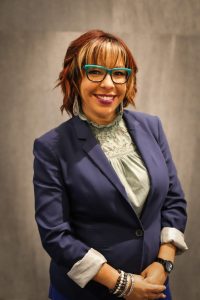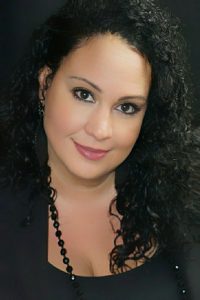April is Counseling Awareness Month, a time to celebrate the important work of the profession, but also the counselors themselves. The Alcohol Drug and Mental Health Board of Franklin County (ADAMH) recognizes the significant contributions of counselors in our communities, which is why we're proud to support the profession through funding initiatives like the Black Community Ambassador Support Program (BCASP).
Launched in 2020, BCASP is a program specifically designed to serve Black helping professionals including counselors, social workers, health and human service workers and more.
The program was the collaborative effort of like-minded Black community helpers and professionals who gathered to discuss their personal challenges with well-being. ADAMH provided the initial funding to launch this program in 2020. Dr. Kevin Dixon, ADAMH's former Vice President of Community and Cultural Engagement, was instrumental in the program's development.
Around the same time the program was developing, two local Black helpers died by suicide, further advancing the need for mental health programming, said Dr. Elizabeth Joy, director and co-founder of BCASP.

“There really wasn't a mental well-being initiative out there that was focused on helpers, let alone Black helpers, so we started to think through what it would look like to focus on that group,” Elizabeth said. “Our thought was that if we invest in these people, we are essentially investing in the broader community because these are the people who hold the community, and when they're better, the community will be better.”
Through support groups, townhalls, learning community cohorts and other events, BCASP participants are taught how to care about themselves and dig deeper into what it means to be a helper.
When it comes to teaching counselors how to succeed as helpers, Elizabeth said they’re already equipped with skills that align well with the content covered in BCASP.
“Counselors are taught about boundaries when they’re caring for a client, and it’s not always easy to have boundaries with clients you care about, but clinicians are at least taught about them, whereas for other helpers, that’s something they’ve never learned to have,” she said.
Programming for counselors has focused on navigating work obligations, how to not lose sight of their human sides and what it looks like to address the normalization of un-wellness in the profession.
“They know this stuff, they’re teaching their clients these coping skills and how to change their thinking patterns, they just need to bring it back home,” Elizabeth said.
For Elizabeth, it’s been a fascinating journey watching BCASP participants take what they’ve learned and better themselves and their communities. Amber Harris, a licensed social worker and founder of Bridgn Gaps – a trauma-informed agency that promotes the well-being of individuals through educating, encouraging and empowering them to live their best life while helping others – said the programming gave her validation and support through the COVID-19 pandemic.

“This community made me realize that I was not alone in facing challenges, both personally and professionally,” she said. “It strengthened my belief in the power of relationships and the importance of having a supportive network to navigate the complexities of our roles.”
Since participating, Amber has become a presenter for BCASP, teaching counselors and other Black helpers how to replenish their energy and feel supported, just as she did during her time as a participant.
“Having programs like BCASP is crucial for our community because they provide a safe haven for vulnerability and sharing, which can often be challenging in our society,” Amber said. “As I always say, ‘Relationships are life changing,’ and programs like BCASP embody that transformative power.”
